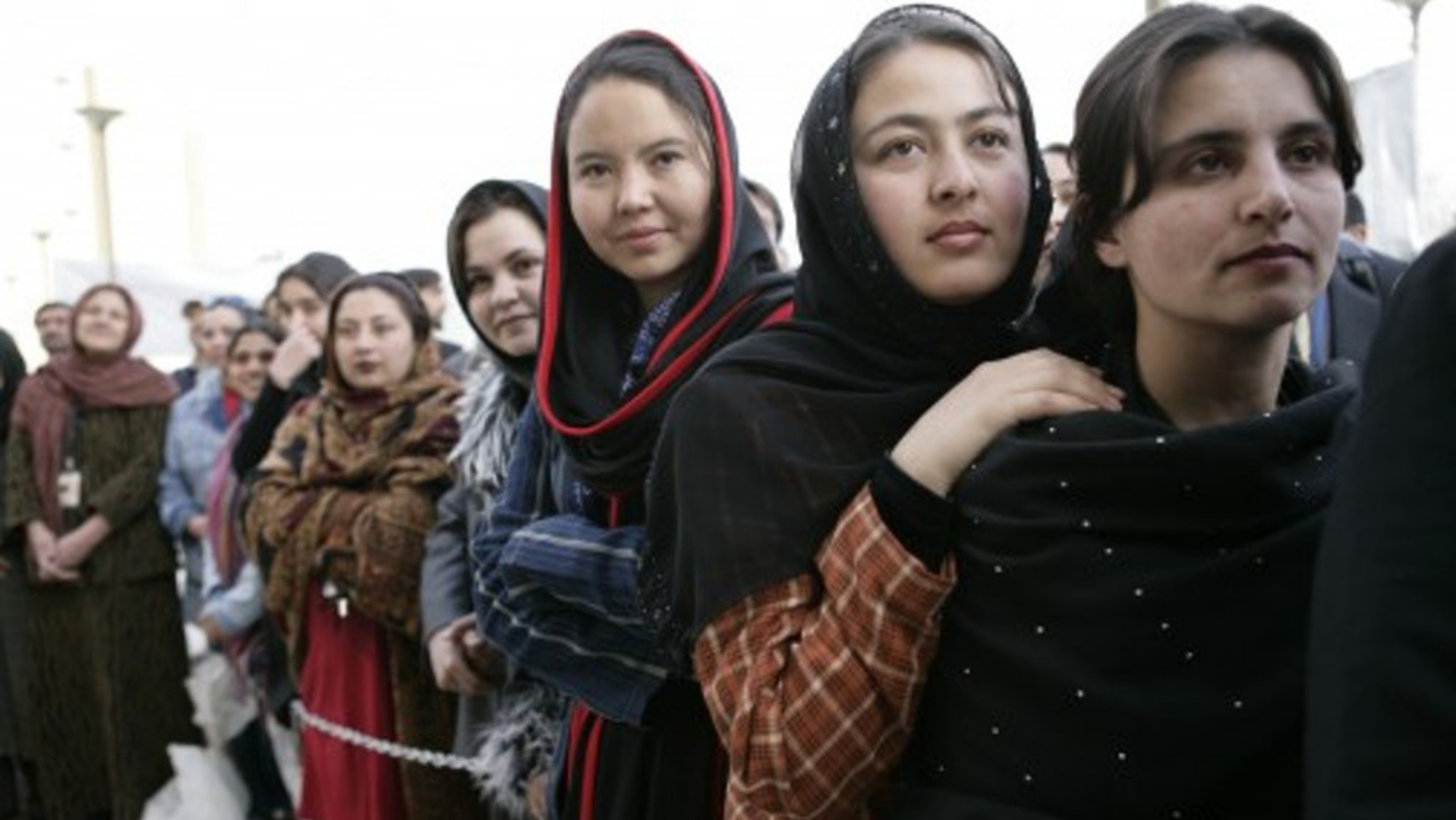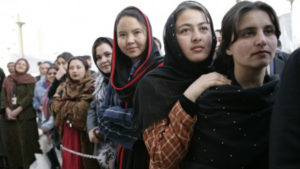
Interventionist dead-enders are crying crocodile tears over the Taliban’s defeat of the Pentagon and the CIA in Afghanistan because, they say, women’s rights are not likely to be protected by the Taliban.
Oh?
Well, now let’s see. According to the Watson Institute at Brown University, civilian deaths in Afghanistan and Pakistan from 2001 to date exceed 70,000 people.
We don’t know how many of those dead people were women but we can safely assume that a large percentage of them were.
How many of those dead women would have been able to exercise “women’s rights” if the Pentagon and the CIA had won the war?
Answer: None of them. At the risk of belaboring the obvious, women who are dead cannot exercise “women’s rights.”
The interventionist dead-enders would say that those deaths were “worth it” because the women who survived the invasion and occupation would then have been able, with a U.S. military victory, to exercise “women’s rights.”
But where do the Pentagon and the CIA get the moral authority to sacrifice tens of thousands of innocent lives — or even just one innocent life — in order that others will have the potential opportunity to exercise “women’s rights”?
Throughout the 20 years of the Afghanistan war, there was a strange and callous indifference to the people who were being killed in Afghanistan. It’s a reflection of what the national-security state way of life has done to the consciences of the American people. We actually don’t even know the exact number of civilians who were killed. That 70,000 is just an estimate. That’s because early in the conflict, U.S. officials made a conscious decision not to count the Afghan dead. What mattered was the number of U.S. soldiers who were being killed, not the number of Afghans being killed.
In Sunday services in Christian churches across America, ministers would exhort their congregations to “pray for the troops” and “thank them for their service.” Hardly ever would American Christian churchgoers be asked to pray for the people, including women, who were being killed by the troops as part of their “service.” Those lives just didn’t matter.
The interventionist mindset with respect to “women’s rights” was always based on a mathematical calculation. This mindset held that in the quest to establish a regime that protected “women’s rights,” it was morally acceptable to kill some number of Afghan women (and men). The idea was that it was morally permissible to sacrifice the lives of some for the benefit of others.
Moreover, there was never an upward limit on the number of Afghan women (and men) who could be sacrificed for the greater good of “women’s rights.” 70,000? 100,000? 250,000? It didn’t matter. What mattered to the interventionist dead-enders is that a U.S. puppet regime be installed that would protect “women’s rights” for those who weren’t killed by the violence entailed in installing and maintaining such a regime in power.
Think about all the wedding parties that U.S. forces bombed during the 20 years of conflict. Dead brides. Dead mothers of the brides. Dead mothers of the grooms. Dead sisters of the brides and grooms. Dead flower girls. Dead bridal assistants. None of them would be around at the end to celebrate a U.S.-installed regime that protected “women’s rights.” But it was all considered worth it because those who weren’t killed would be able to exercise “women’s rights.”
It’s one thing for people to deliberately sacrifice themselves in what they consider is a grand and glorious cause.
It’s quite another thing to knowingly and intentionally kill innocent people so that others can experience “women’s rights.” It would be difficult to find a more evil notion than that.
The post Crocodile Tears for Women’s Rights in Afghanistan appeared first on The Future of Freedom Foundation.
* This article was originally published here
HELP STOP THE SPREAD OF FAKE NEWS!
SHARE our articles and like our Facebook page and follow us on Twitter!






0 Comments